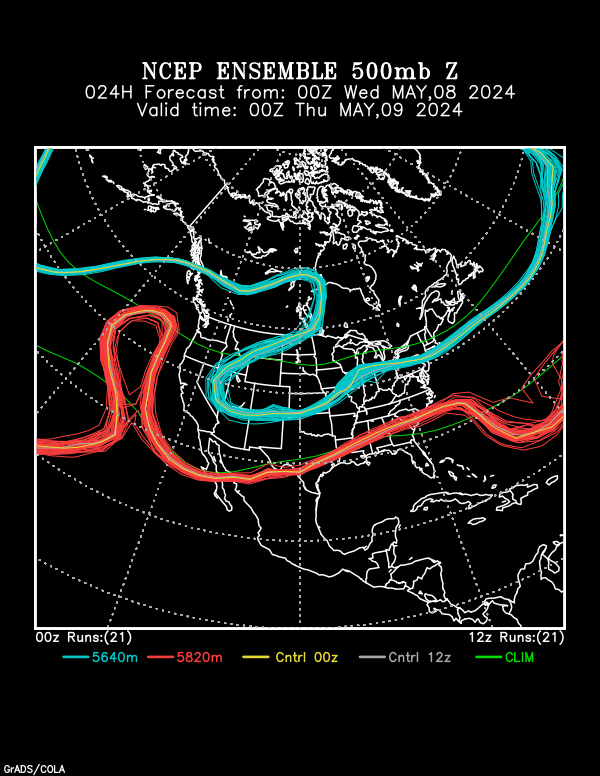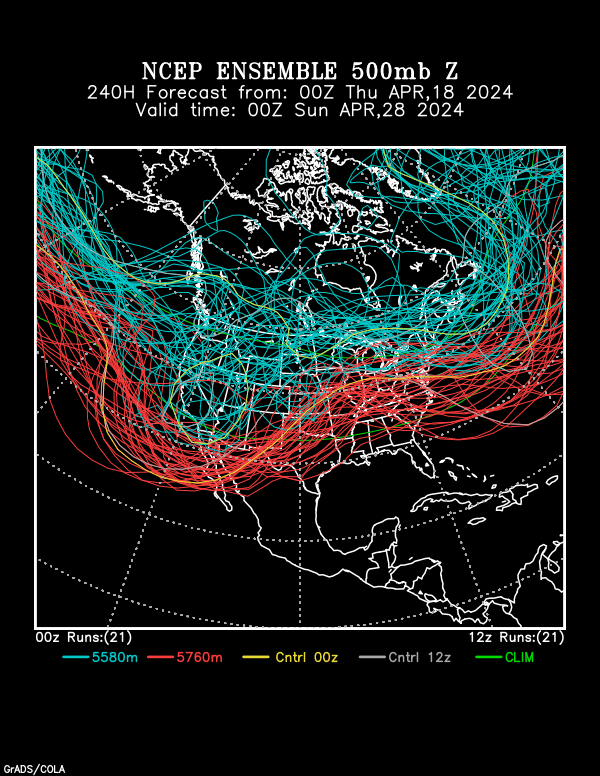Look at ensemble forecasts. Although they do not exactly give confidence intervals, they do give the same kind of information you would use a confidence interval for.
Weather is chaotic. So are the models. If initial conditions change slightly, outcome changes dramatically.
Therefore, models are typically run a number of times, for example, ten runs. Where the runs coincide, the forecast is rather certain. Where they diverge, the forecast is not. Below is an example of such for Bucharest, Romania, run on 28 January 2014:

As you can see, the 850 hPa temperature agrees fairly well the first couple of days, but by the end, they are “all over the place”. This kind of plot, which may also be on a map, is also referred to as a spaghetti plot. Although they are not difficult to understand, they do tend to focus on “expert” variables and do not directly translate to precipitation amounts or sunshine hours. They are direct model output.
Below is an example of an NCEP run for the US and surroundings. At 0 hours, all the model runs agree fairly well (fortunately):

After 24 hours, the picture still looks fine:

At 240 hours, however, it's pretty much spaghetti. This means the forecast that weather.com gives you is pretty much useless:

Through the NCEP website, you can also look at animations and maps of the standard deviations. There are various sources for such ensemble forecasts, and not all are free. The line graph above is from the German website Wetterzentrale. ZMAW links to meteogrammes for European cities. The maps are from NOAA ESRL PSD. Weather.gov also links to a number of sources.
If you search the web for spaghetti diagram or ensemble forecast, you may find a lot more.
"Adiabatic" when it is not obvious (that is, when the process is not inside an insulator) means "so fast that it doesn't have time to exchange energy with the exterior". This is roughly what happens in the atmosphere, the airmass expansion happens in a time scale shorter than the mixture equilibrium.
As a side note, we use this approximation because it simplifies a lot the equations. For more realistic computations, we can use modified values of the adiabatic constant to take into account that the process is not purely adiabatic.




Best Answer
Yes, most certainly, and meteorologists call this kind of rain Virga (see Wikipedia page of the same name).
These are the salient and more interesting points of the Wiki article:
Often it is falling ice crystals that undergo compressional heating as the fall from greater heights, where the pressure is very low;
It is very common in desert and temperate climates: Western United States, Canadian Prairies, the Middle East and Australia.
It plays a role in seeding non-Virgal (i.e. reaching the ground as liquid) rain when virgal material is blown into another supersaturated cloud and begets rain through nucleation;
Its evaporation, with its high associated latent heat, means that virga draws a great deal of heat from the surrounding air, thus begetting violent up and downdraughts hazardous to aeroplanes;
Almost all (sulphuric acid) rain on Venus is virga. Presumable all rain on the early Earth was too.